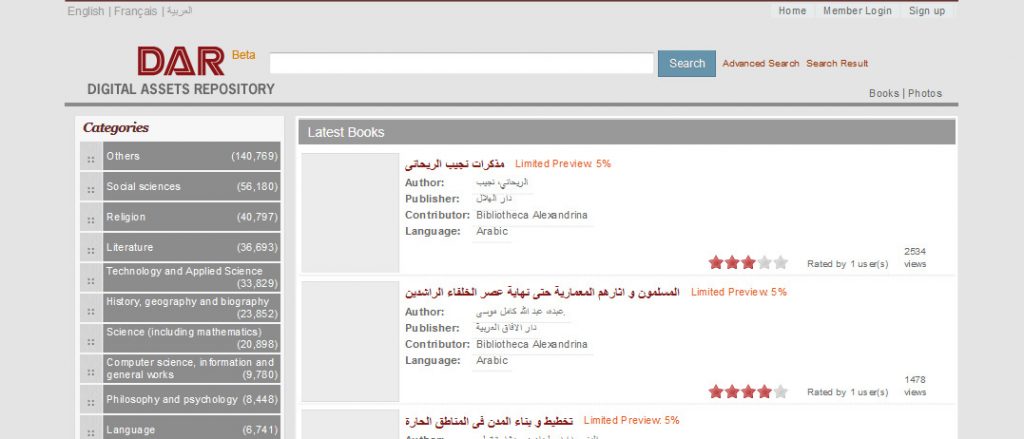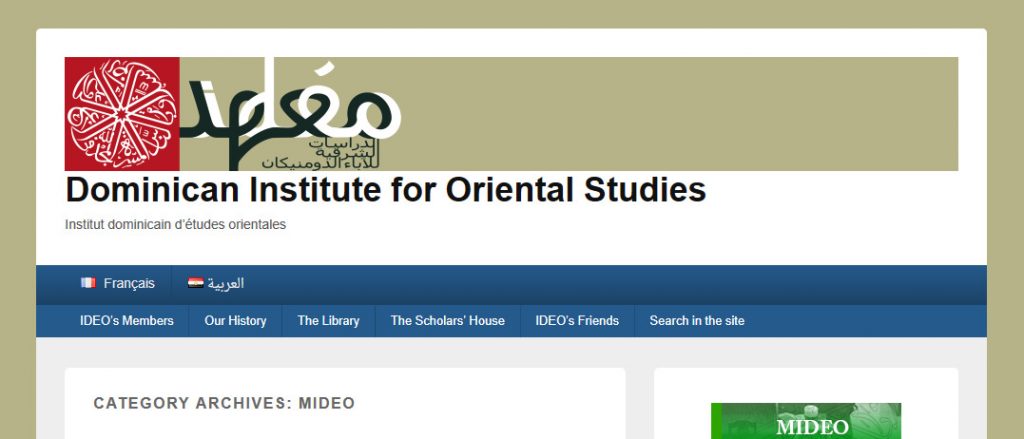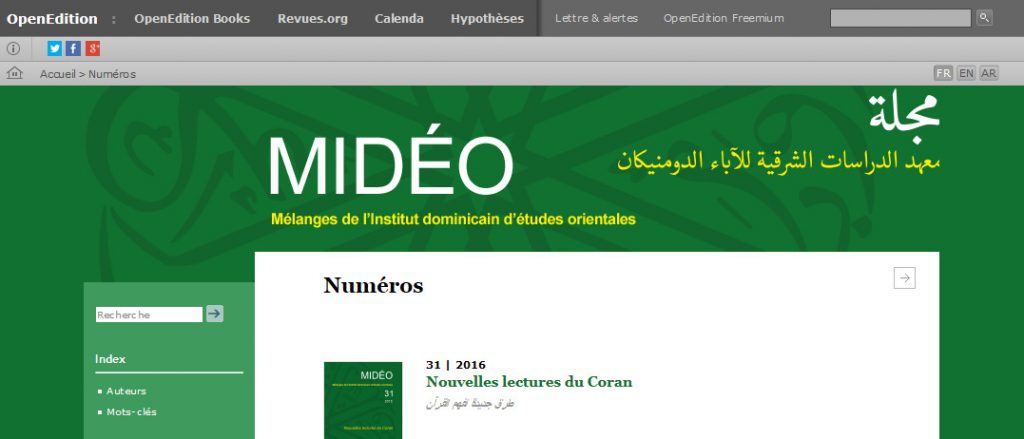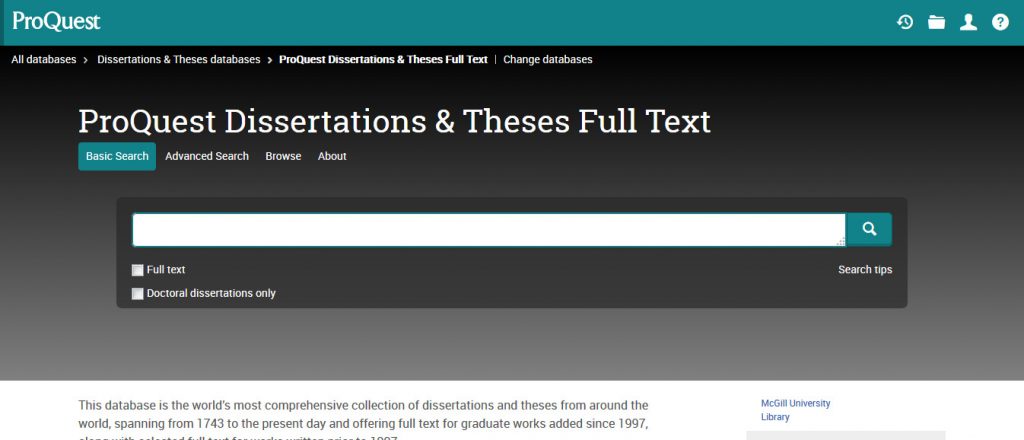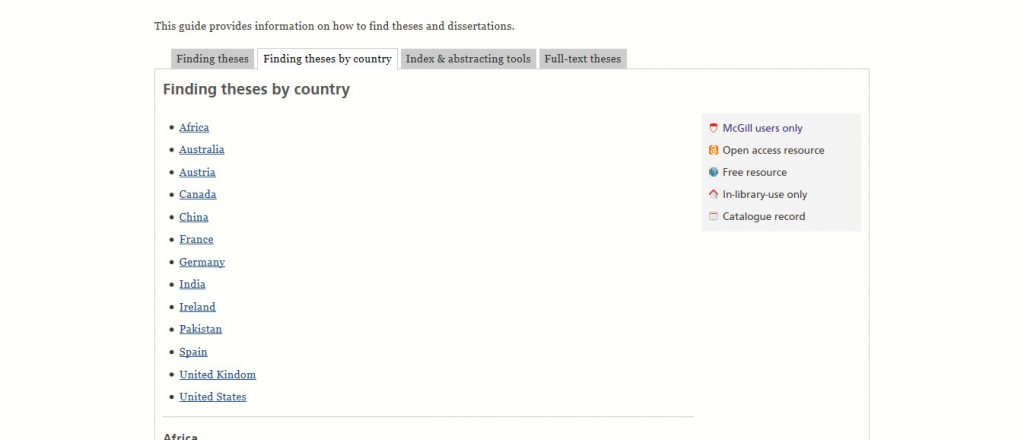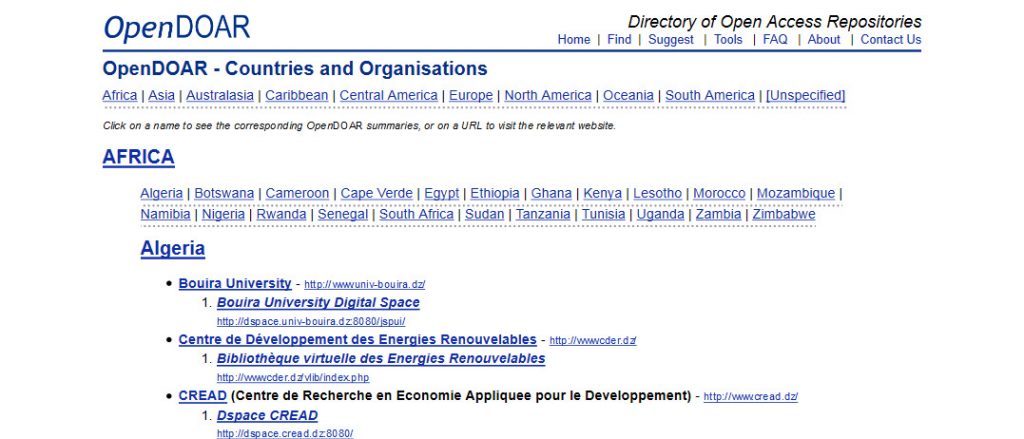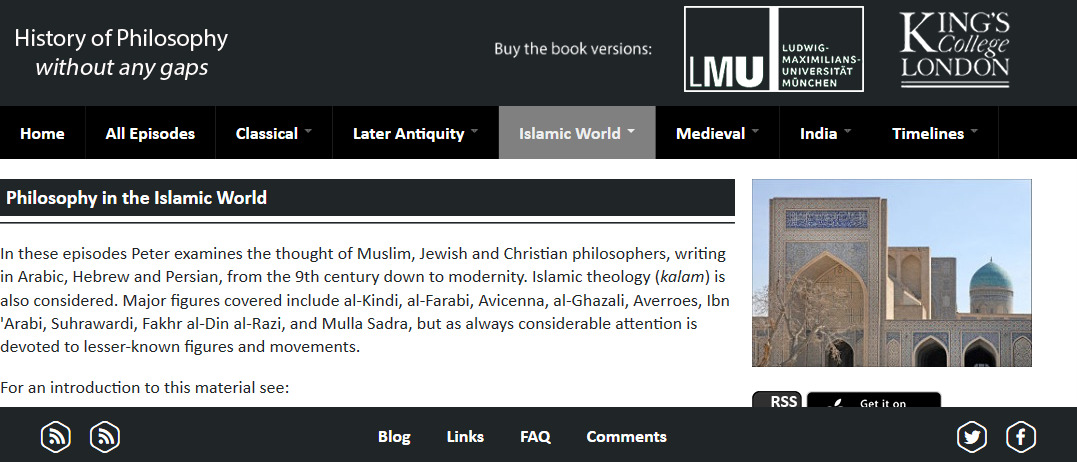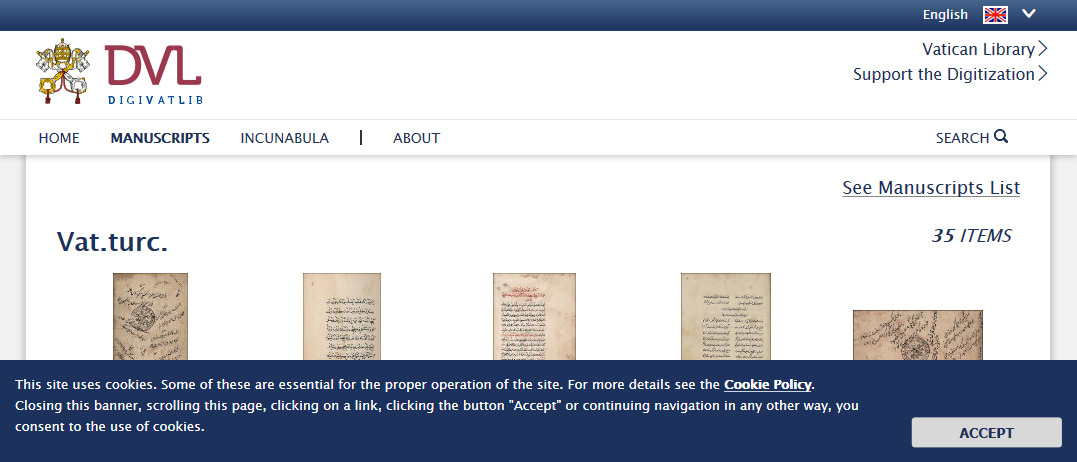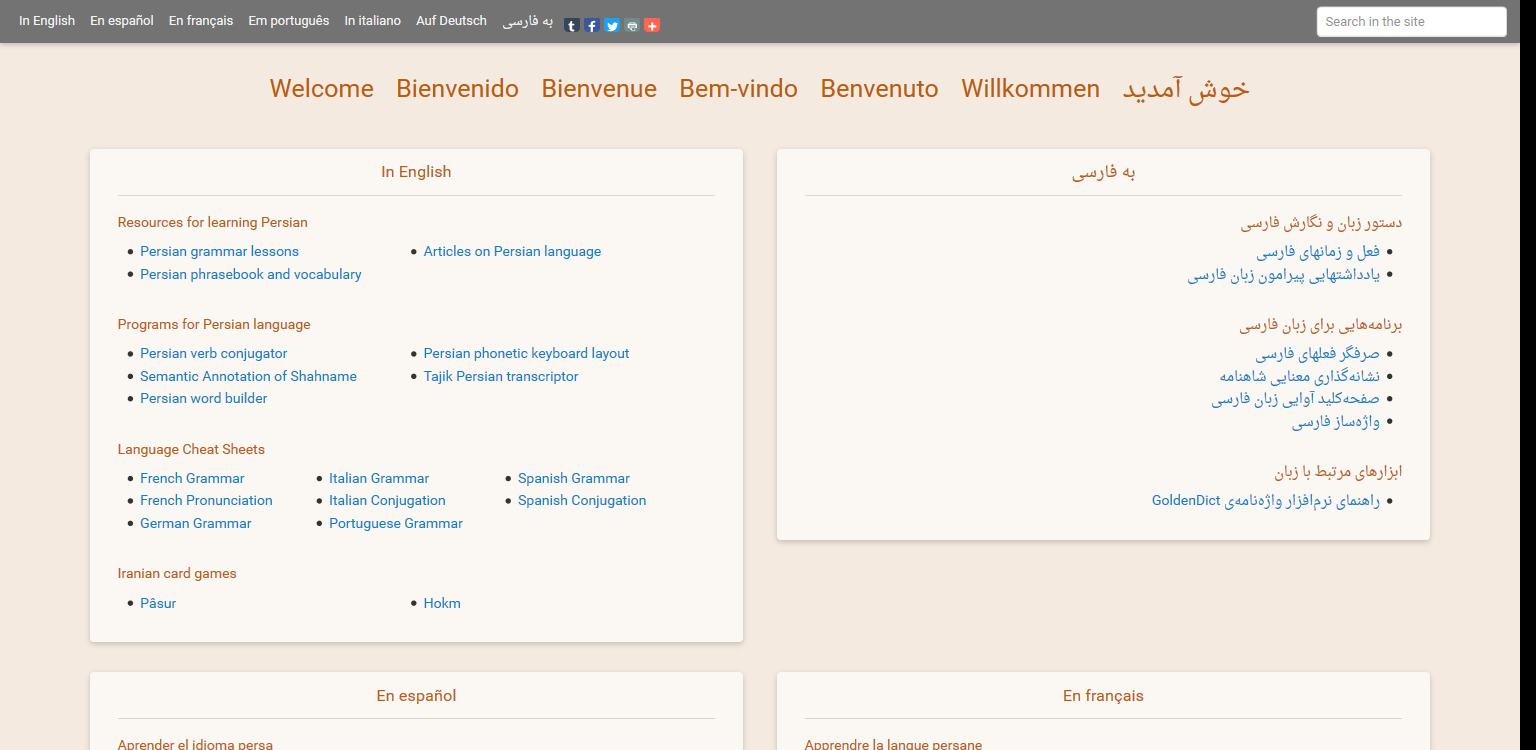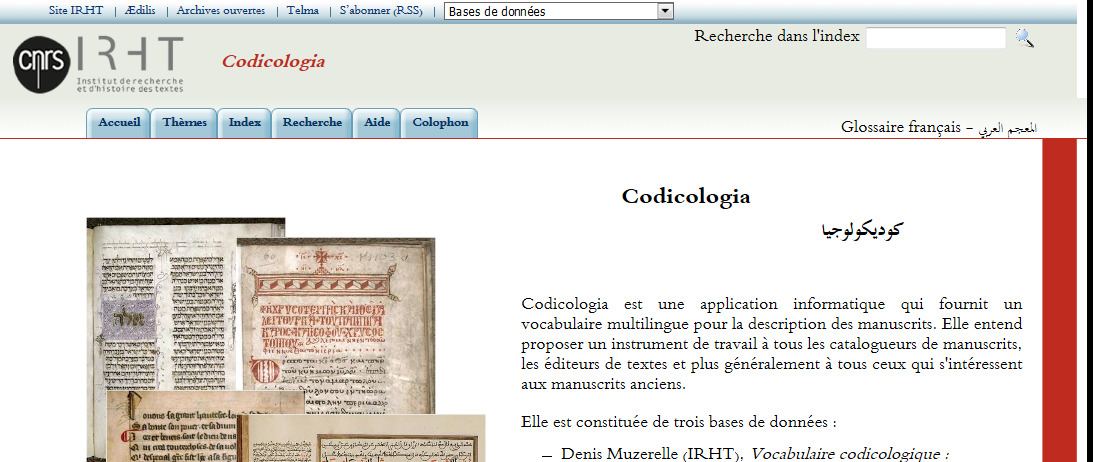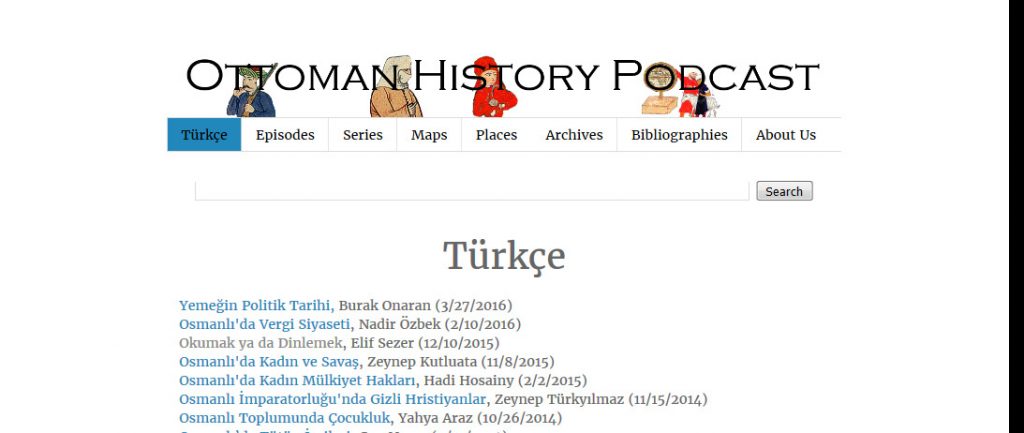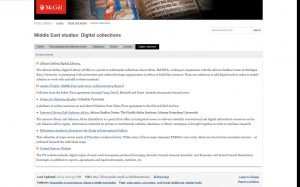The German portal Qantara : dialogue with the Islamic world aims at promoting information, exchanges and intercultural dialogue with the Muslim worlds. Articles published on Qantara focus on social, political and cultural news from the Arab world and the situation of Muslims in Europe, and particularly in Germany. Qantara project is co-sponsored by the Bundeszentrale für politische Bildung (Federal Center for Political Education), Deutsche Welle, the Goethe Institut and the Institut für Auslandsbeziehungen (Institute for Foreign Cultural Relations), and funded by the German Foreign Office.
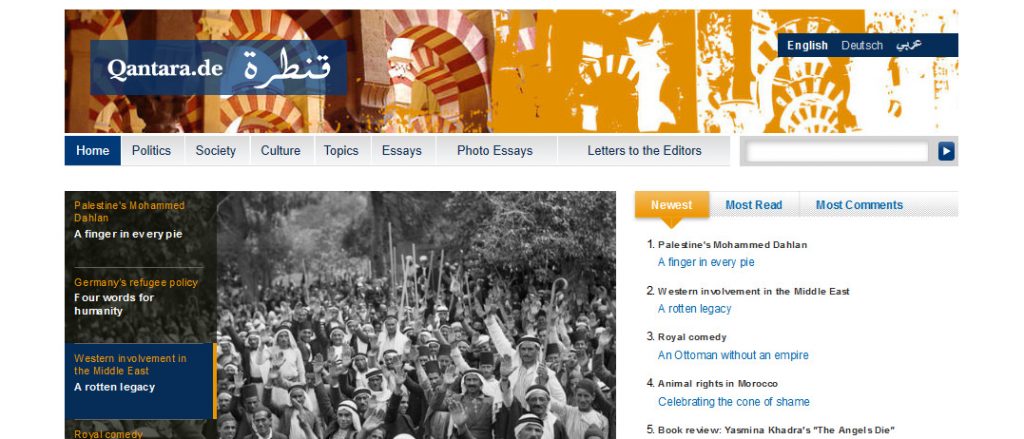 This portal gives access to a wide variety and a great quantity of articles that visitors can navigate using the search box to find articles related to their field of study, or interests. The interface is fully functional in three languages: Arabic, German, and English.
This portal gives access to a wide variety and a great quantity of articles that visitors can navigate using the search box to find articles related to their field of study, or interests. The interface is fully functional in three languages: Arabic, German, and English.


